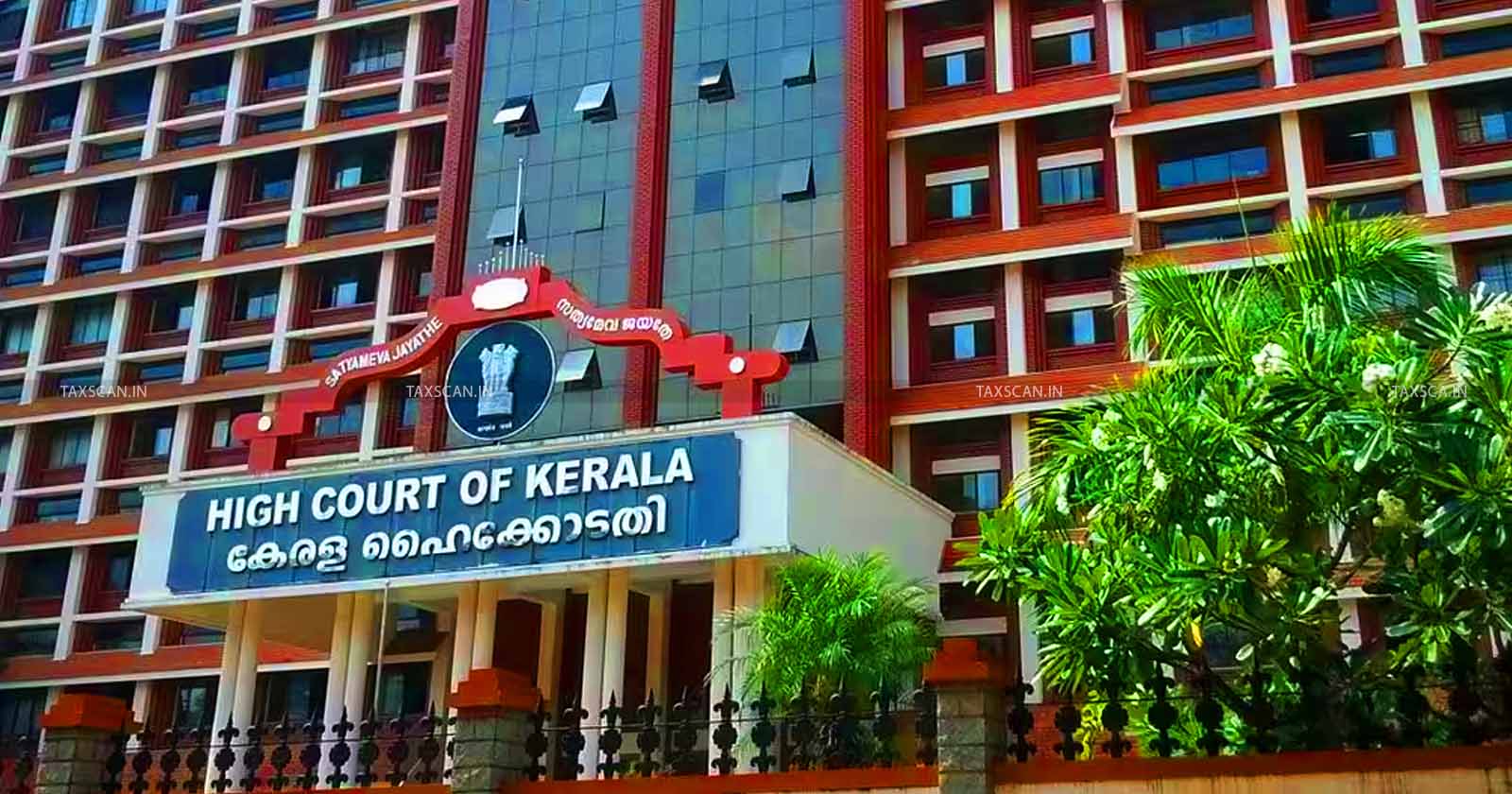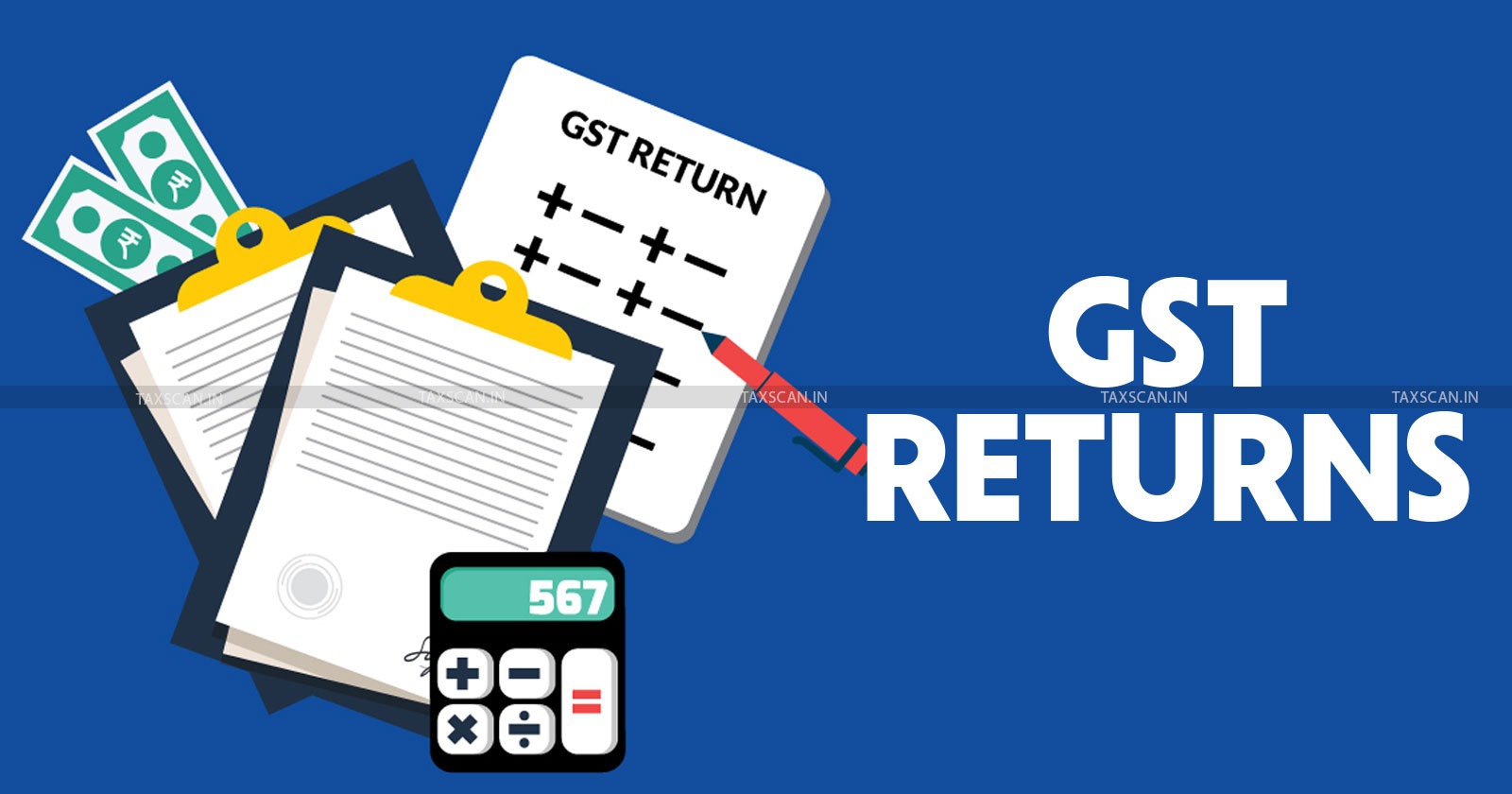Madhya Pradesh HC Imposes ₹25,000 Cost on GST Officer for Wrongly Dismissing Appeal as Time-Barred [Read Order]
The High Court ruled that Laxmi Motors’ GST appeal was filed within time and imposed a Rs. 25,000 cost on the responsible officer for wrongly dismissing it as time-barred.
![Madhya Pradesh HC Imposes ₹25,000 Cost on GST Officer for Wrongly Dismissing Appeal as Time-Barred [Read Order] Madhya Pradesh HC Imposes ₹25,000 Cost on GST Officer for Wrongly Dismissing Appeal as Time-Barred [Read Order]](https://images.taxscan.in/h-upload/2025/10/23/2099217-gst-officer-hc-taxscan.webp)
In a recent ruling, the Madhya Pradesh High Court held that an appeal filed within the statutory period under the Central Goods and Services Tax Act, 2017 cannot be dismissed as time-barred, and that the day on which the original order is passed must be excluded while computing the limitation period.
Laxmi Motors, the petitioner, filed a writ petition challenging the order dated 13 August 2025 passed by the Appellate Authority and Joint Commissioner, State Taxes, Satna Division. The appellate authority had dismissed the petitioner’s appeal against an earlier penalty order dated 26 July 2024, stating that it was filed two days beyond the limitation period.
The petitioner’s counsel argued that under Section 9 of the General Clauses Act, 1897, the day on which the order was passed should be excluded, and the limitation should begin from the following day, that is, 27 July 2024.
Master the Latest Amendments in Income Tax Act Click here
 Also Read:Mere Adjustment of ITC doesn't attract Section 73 Proceedings: Kerala HC Quashes GST Order [Read Order]
Also Read:Mere Adjustment of ITC doesn't attract Section 73 Proceedings: Kerala HC Quashes GST Order [Read Order]
The petitioner’s counsel further argued that Section 107(1) of the CGST Act prescribes a period of three months, not ninety days, for filing an appeal. When counted by calendar months, the three-month period expired on 27 October 2024, and an additional one-month period permitted under Section 107(4) extended the deadline to 26 November 2024. Since the appeal was filed on 25 November 2024, it was within the limitation period.
The State’s counsel argued that the authority had computed the limitation as one hundred and twenty days from the date of the order and found that the appeal was barred by two days.
 Also Read:GST Return Data Not Accessible under RTI unless Covered By S. 158(3) Or Supported By Larger Public Interest: Bombay HC [Read Order]
Also Read:GST Return Data Not Accessible under RTI unless Covered By S. 158(3) Or Supported By Larger Public Interest: Bombay HC [Read Order]
The Division Bench comprising Justice Vivek Agarwal and Justice Avanindra Kumar Singh observed that, under Section 9 of the General Clauses Act, when the word “from” is used to mark the start of a period, the first day is to be excluded. The court explained that the limitation period should begin from 27 July 2024 and run by calendar months.
Get a Handbook on TDS Including TCS as Amended up to Finance Act 2024, Click Here
The court referenced Supreme Court’s rulings in State of Himachal Pradesh v. Himachal Techno Engineers (2010) 12 SCC 210 and Bibi Salma Khatoon v. State of Bihar (2001) 7 SCC 197, the Bench pointed out that a “month” must be understood as a calendar month, meaning the period ends on the corresponding date in the next month.
On this basis, the court found that the appeal period ended on 26 November 2024, and since the appeal was filed on 25 November 2024, it was within time. The court set aside the impugned order dated 13 August 2025 and directed that the petitioner’s appeal be decided on its merits.
The court also imposed a cost of Rs. 25,000 on the State, directing that the amount not be recovered from the public exchequer but from the officer responsible for the error. The writ petition was accordingly allowed.
Support our journalism by subscribing to Taxscanpremium. Follow us on Telegram for quick updates


